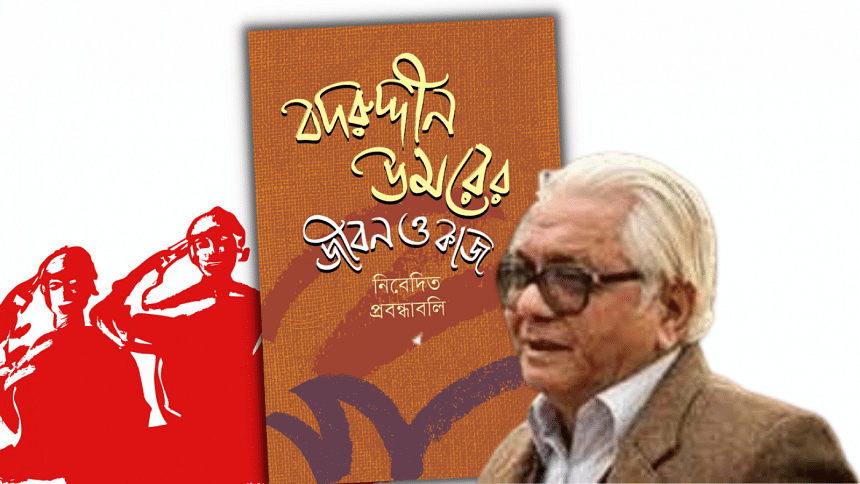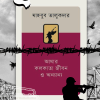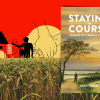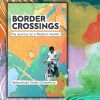Badruddin Umar: The life and works of a revolutionary

Badruddin Umar—a prominent writer, thinker, historian, and political visionary, who turned 91 years old in 2022. This book was published on this occasion to commemorate his eventful life and works. As the editors rightly mention, it took such a long time to attempt this book because a section of our society, who grabbed power and position of the state for years, are uncomfortable with the candour in Umar's writings and opinions.
Badruddin Umar studied Philosophy at Dhaka University, and Philosophy, Politics and Economics at Oxford University, resigning from Rajshahi University as a faculty member to be an active leftist political activist in 1968 when he was just 37 years old. Before his resignation, he wrote three remarkable books, Sampradayikata (Mowla Brothers, 1966), Sangskritir Sangkat (Mowla Brothers, 1974), and Sangskritik Sampradayikata (Mowla Brothers, 1975), which shook the limits and narrowness of the ideology of then Pakistan. His writings awakened a large section of the budding educated youth to achieve a broader perspective of thinking. This produced much tension among the military and civil bureaucracy of East Pakistan, and Monayem Khan put pressure upon the Vice Chancellor of Rajshahi University to keep Umar silent. Besides, Umar's books on the language movement have been established as classics for years, in which he delineates the entire movement through a broader Marxist perspective. His is a lifelong method to perceive the problems of society and nation.
Badruddin Umarer Jibon o Kaj is an excellent collection of essays, articles and recollections about Umar written by many renowned national and international scholars. It starts with a review of Sampradayikata by prominent critic and dramatist Kazi Abdul Wadud, who greets Umar's essays with a critical mind when he mentions that, in the golden age of Hinduism and Islam, religions were not perceived as being so overwhelmingly divine as they are now. This short book review signifies a great literary savant who was able to properly recognise a young genius of the new age who would lead the intellectual endeavour of this land for decades.
Although Umar has been famous for his unabashed positions on Marxist analysis, his three books played a crucial role in forming Bengali nationalist thought in the Pakistan period based on an anti-communal attitude, as Professor Sanat Kumar Saha states in the book. Umar put importance in acknowledging Chandidas, Vidyashagor, Bankim Chandra, Micheal Madhusudan, Tagore, Sharat Chandra, Atulprasad, and Abanindra as integral parts of our culture and conveyed that until we recognise that, our cultural heritage will not be forceful enough to create something worthwhile.
Professor Shahidul Islam, in the book, draws an effective comment in this regard. He notes that although Awami League has gained momentum through Bangladeshi nationalism, his generation had learned about it from the writings of Umar, even in his awareness of the limitations of nationalism. Umar's arguments and judgements have been grounded in the truth of history, and he has held the rare capacity to be honest and sincere in his long course of political and social life. Thus Professor Serajul Islam Chowdhury rightly argues that Umar has the audacity to reject according to his own class's attitude, desire, or fascination, and these rejections have served the purposes of making an egalitarian society. Apart from his critical analysis of class, Umar was much aware of the environmental issues when this topic was not familiar in this land.
Professor Khaliquzzaman Elias states that the journey of the Bangali Musalman has not matured even after witnessing the creation of two states—this has been a core of Umar's writing. This book has been a genuine effort to commemorate the lifelong revolutionary behind such ideas.
Priyam Pritim Paul is pursuing his PhD at South Asian University, New Delhi.

 For all latest news, follow The Daily Star's Google News channel.
For all latest news, follow The Daily Star's Google News channel. 







Comments